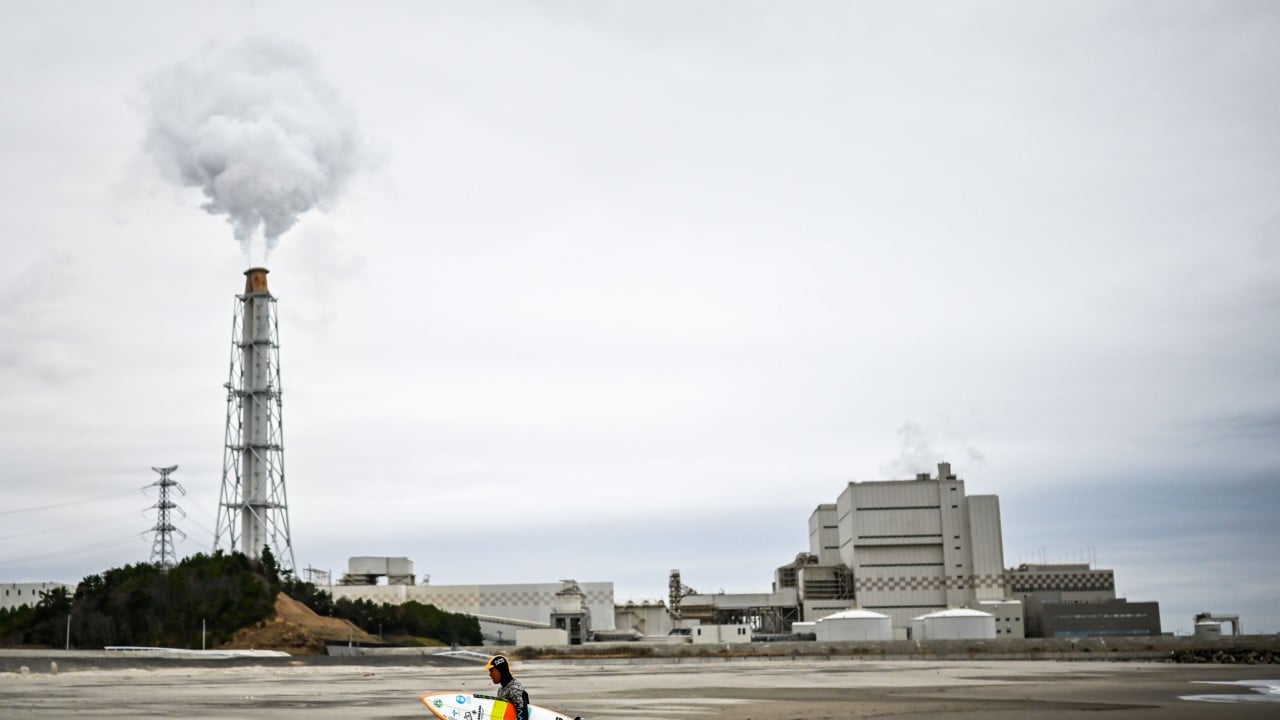The release of waste water from the Fukushima Daiichi nuclear power station into the ocean has contributed to strained relations between Japan and Hong Kong. In response to the release, the government moved last August to ban aquatic products from Tokyo, Fukushima, Chiba, Tochigi, Ibaraki, Gunma, Miyagi, Niigata, Nagano and Saitama.
A year later, the city government vowed tougher action to restrict Japanese seafood imports if contamination levels got worse. Hopes that relations would improve rose in September after mainland China agreed to “gradually resume” imports of Japanese seafood, possibly opening the door for Hong Kong to follow suit, but recent events suggest ties remain tense.
For instance, there was what was described as a “thinly veiled attack” on Kenichi Okada, the outgoing Japanese consul general in Hong Kong, by the Hong Kong environmental authorities. This was in response to Okada saying he felt he could not discuss the discharge of Fukushima radioactive waste water with the city’s government “in a scientific manner” after the latter rejected a report by the UN’s nuclear watchdog which said the water disposal aligned with international safety standards.
While it’s true that the Japanese government should do more to strengthen political and trade ties in the region, it is equally important for Hong Kong to reciprocate this goodwill. Given the potential benefits of collaboration, such as mutual trade advantages and securing Japan’s support for the city’s bid to join the Regional Comprehensive Economic Partnership (RCEP), Hong Kong could learn from the caution and preparedness shown in the redevelopment of Fukushima.
While incidents concerning the safety of workers and other accidents at Fukushima warrant attention, Hong Kong should also consider the response of other players. For example, Taiwan eased its ban on Japanese food in September. The International Atomic Energy Agency’s (IAEA) monitoring of radiation levels in seawater around the plant has consistently shown compliance with international safety standards.

22:18
Finding a future in Fukushima after Japan’s worst nuclear accident
Finding a future in Fukushima after Japan’s worst nuclear accident
In addition, the Hong Kong government conducts regular inspections of imported food from Japan, and all samples have passed testing. It is essential Hong Kong is ready to develop a road map for the resumption of imports as doing so can foster a forward-looking partnership with Japan while ensuring safety and compliance with health standards.

 By South China Morning Post | Created at 2024-11-23 21:34:54 | Updated at 2024-11-24 00:37:23
3 hours ago
By South China Morning Post | Created at 2024-11-23 21:34:54 | Updated at 2024-11-24 00:37:23
3 hours ago








